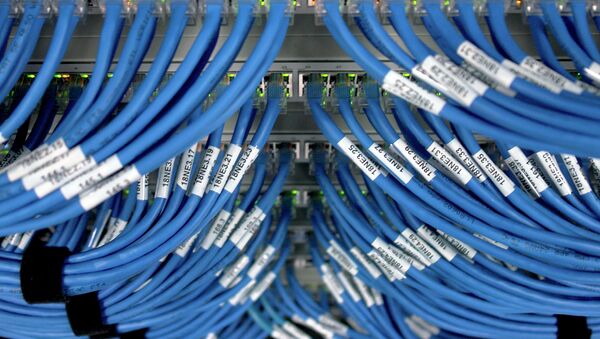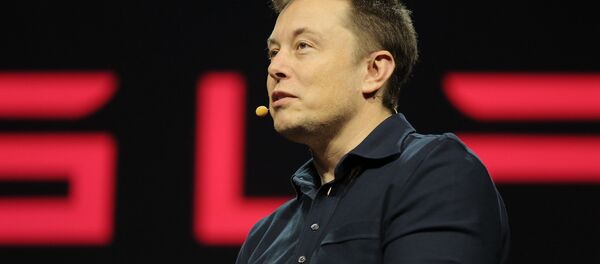The original batch of about 4.3 billion IP addresses created in 1981 has dwindled and is nearing exhaustion, the Wall Street Journal Reports. Asia scooped up the last of their share of that batch in 2011, and Europe did the same about a year later.
Those 1981 addresses were part of IPv4 — the fourth version in the development of Internet Protocol (IP) (though there weren't first, second, or third versions). IP addresses aren't the names you type into your browser — like http://sputniknews.com — but the numbers that those names are identified with for the purposes of connecting and moving across the internet. Like a phone number next to a name in a phone book, back when phone books were a thing.
Only about 3.4 million of those IPv4 addresses are left, according to the American Registry for Internet Numbers, which manages the 1.3 billion or so IPv4 addresses that were allotted to the US — accounting for around 30% of the world's supply.
As a result, some companies are scrambling to buy up however many of these addresses they can get their hands on. Microsoft had some foresight back in 2011, and spent $7.5 million snapping up 666,624 addresses that had belonged to bankrupt Nortel Networks. And Salesforce.com Inc. bought 262,144 addresses in November.
— peter hessler (@phessler) May 14, 2015
Facebook, on the other hand, switched 90% of its network to IPv6 addresses, the much larger pool of addresses created on a new protocol created in 1998 (IPv5 didn't work out). IPv6 allows for 340 undecillion new addresses (that's a 1 followed by 36 zeros).
"If we had done nothing for our internal services, then we would not have been able to build new data centers," Facebook engineer Paul Saab told the Journal, referring to an essential capacity for someone expanding as quickly as the social media giant.
— Becky (@FCLYorkSouth) April 30, 2015
Other companies scrambled for the last IPv4 addresses because switching to IPv6 could come with significant costs. For an average company it could come out to as much as 7% of the IT budget, according to research firm Gartner.
Big companies are already buying up excess IP addresses from other big companies that got more than they needed in the initial address giveaway. So Amazon bought a few million from Dupont, and Microsoft took a few million off the hands of Eil Lily and Xerox.
"Real problems might come up for smaller outfits, however," writes Engadget. "You need compatible networking hardware to run on IPv6, and that can get expensive to replace if you've been holding on to IPv4 for as long as possible. And if you can't make that jump, you may have to buy those legacy addresses from someone else — which won't be cheap when the older addresses are destined to be a scarce resource."





